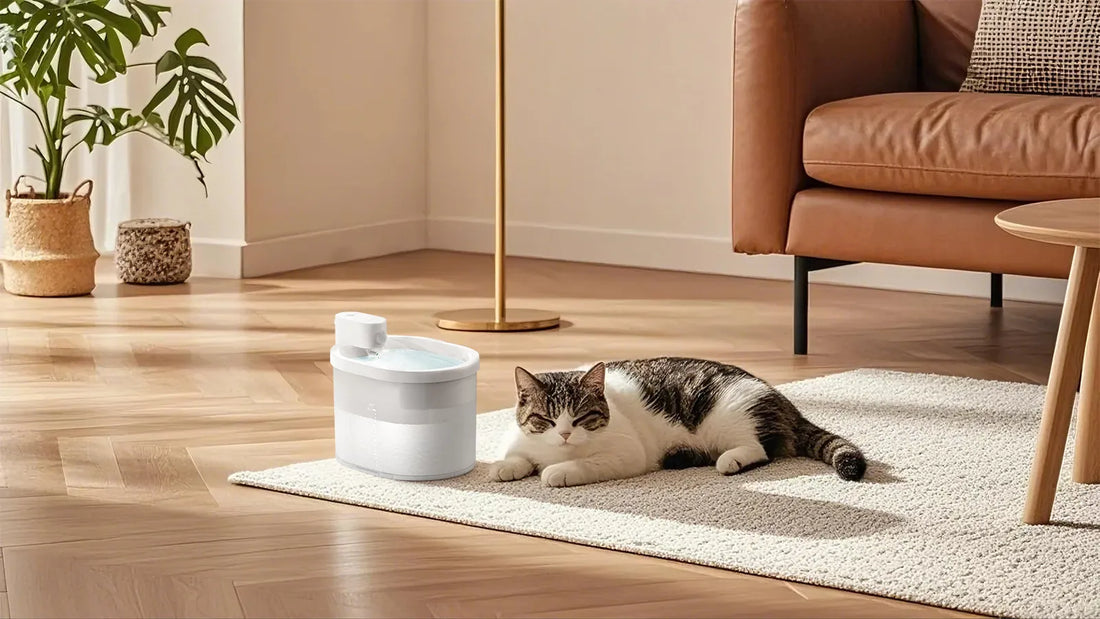If you've noticed your male cat going to the litter box every few minutes, it's natural to feel concerned. This behavior can indicate a range of issues, from minor discomfort to serious health conditions. Understanding the potential causes and knowing how to respond can make all the difference in ensuring your feline friend's well-being.
Common Causes of Frequent Litter Box Visits
One of the most common reasons for a male cat visiting the litter box frequently is a urinary tract issue. Male cats are particularly prone to urinary blockages, which can be life-threatening if not addressed promptly. Other potential causes include bladder infections, kidney problems, or even stress-related behaviors.
Urinary Tract Infections (UTIs)
Urinary tract infections are a frequent culprit behind this behavior. Symptoms may include straining to urinate, blood in the urine, and excessive licking of the genital area. If you suspect a UTI, it's crucial to consult a veterinarian for proper diagnosis and treatment.
Feline Lower Urinary Tract Disease (FLUTD)
FLUTD is a broader term that encompasses various conditions affecting the bladder and urethra. It can cause frequent urination, pain, and even blockages. Male cats are at higher risk due to their narrower urethras, making it essential to monitor their litter box habits closely.
Stress and Anxiety
Believe it or not, stress can also lead to frequent litter box visits. Changes in the household, such as new pets, moving, or even rearranging furniture, can trigger anxiety in cats. This may manifest as increased urination or other behavioral changes.
Dietary Factors
Your cat's diet plays a significant role in their urinary health. Diets high in magnesium or low in moisture can contribute to urinary issues. Ensuring your cat has access to fresh water and a balanced diet can help prevent problems.
When to Seek Veterinary Help
If your male cat is going to the litter box every few minutes, it's essential to seek veterinary advice immediately. Early intervention can prevent complications and ensure your cat receives the appropriate treatment. Look out for additional symptoms like lethargy, vomiting, or changes in appetite.
Preventive Measures
Prevention is always better than cure. Regular veterinary check-ups, a balanced diet, and a stress-free environment can go a long way in maintaining your cat's urinary health. Additionally, providing multiple litter boxes and keeping them clean can encourage healthy litter box habits.
Your male cat's frequent trips to the litter box shouldn't be ignored. By understanding the potential causes and taking proactive steps, you can help your feline companion stay healthy and happy. Don't wait—act now to ensure your cat's well-being.

![[🎃Halloween Sale]UAHPET Stainless Steel Self-Cleaning Cat Litter Box](http://www.uahpet.com/cdn/shop/files/1-cat-litter-box.jpg?v=1759128420&width=1600)












